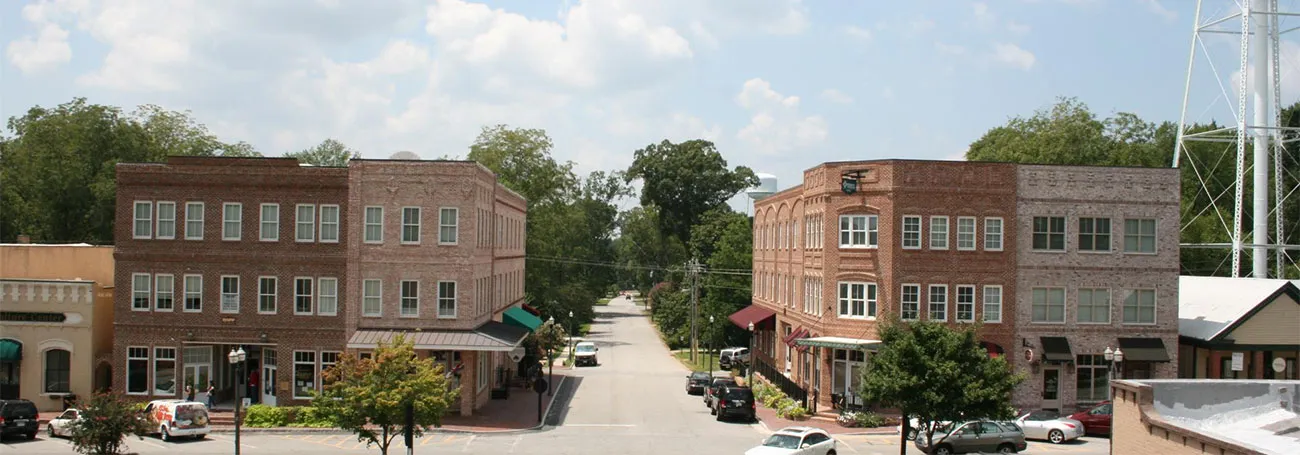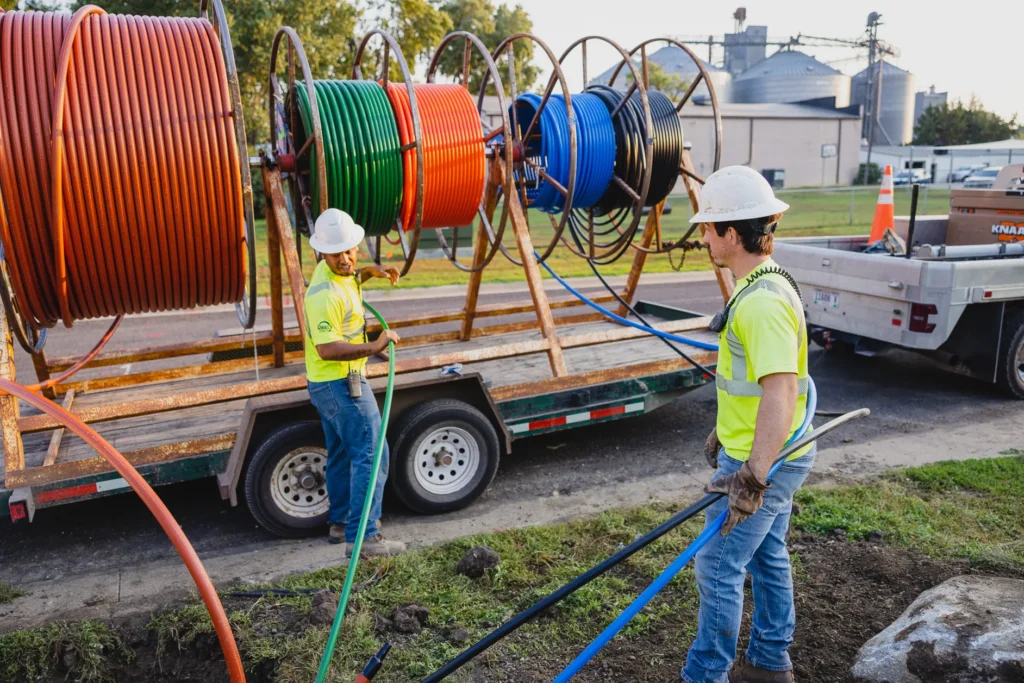Georgia may be nicknamed the Peach State, but in the film and TV business, it’s better known as the Camera Ready State. With an average of 30-40 movie or television show productions going on per year, there’s no shortage of television favorites being filmed there at any point in time, or in any kind of town, be it FX’s Atlanta, IFC’s Brockmire or even Netflix’s Stranger Things. But the biggest hit of all is AMC’s The Walking Dead, where 90 percent of the show’s crew are native Georgians. The production also completely revitalized the small town of Senoia.
In an interview with Lee Thomas, deputy commissioner at the Georgia Film, Music and Digital Entertainment Office, a division of the Georgia Department of Economic Development, she shared that while Georgia has a history in the film business, the tremendous amount of television now produced in the state is a result of several new developments that have occurred in the last 10 years.
What has the television industry done for the state of Georgia in the past decade?
Our office has been around since 1973. But the incentive we passed in 2008 has been the game changer for us. [The office offers a 30 percent tax credit for productions—one of the most aggressive tax incentives in the country– helping crews to significantly cut down on production costs.]
In 2007 we were at $241 million worth of economic impact, and now we’re at $9.5 billion. A lot of that is attributable to the fact that we have been a location for a lot of television shows that are here almost year-round.
The most iconic one, the one that has been here the longest, is The Walking Dead. They are just about to start season nine and they have completely transformed the town of Senoia that they’re in. When they got there initially, there were six store fronts in that little town. A lot of empty buildings. Back then it was the perfect zombie apocalypse town. But because of the success of the show, it has totally invigorated that area. All 50 store fronts are completely filled. They have built onto the town and put creative historic info buildings there and they have leased all of those as well. And in downtown Senoia, you can see there’s The Walking Dead coffee shop [The Waking Dead Café] and the Woodbury Shoppe [the town in the storyline]. Greg Nicotero [producer] and Norman Reedus [actor] have a restaurant downtown called Nic and Norman’s. It’s a huge hit. So it’s a totally different town now.
Did you think The Walking Dead was going to turn into such a huge hit at the time?
We did not think the zombie apocalypse show was going to be a huge show for us! I think the people who went down there, who went to work with it, certainly didn’t think they would still be down there nine years later.
There were some people who thought, as long as it’s been going on, surely they are getting ready to wind down. But the show is doing great and AMC in this past year just purchased the sound stage that they shoot in, so there’s no indication that they are slowing down. If anything, they’ve made a deeper commitment to keep the show going.
Depending on the storyline, they are still filming in Senoia. They’ve built on the Alexandria, VA [set] adjacent to the town [for the storyline]. So even if it’s not the actual town of Woodbury in the story, it’s filmed right there in Senoia.
How did the town handle the show’s production in the beginning?
It takes a really strong relationship between the town and a production like that. When you control a town with a show like that, it takes a lot of cooperation. The great thing about that town, is it has a main street, but it also has a perimeter around it. While they were filming the businesses would stay open and they would bring people in the back and they would close the front of the restaurants and the stores, so people would pile in those places from the back and watch.
They [AMC] have a location manager, Mike Riley, and it was his job to go down to Senoia and explain what they wanted to do, figure out what would work for the business owners as well as the production. It’s not easy to be there for nine years, but it’s been a great relationship.
Why is Georgia an attractive place to shoot TV and film?
The great thing about Georgia, in addition to having that good incentive and temperate climate where people can film year-round, is we have diverse locations. We have mountains and coastlines, big cities and small towns. Anything that comes out over the course of a script or a series, there’s a very good chance you’re going to find it here. We have a lot of infrastructure so there’s a lot of soundstages. There’s a lot of equipment, there’s a lot of crew. When you are talking about working on a series where you are spending 10 months of your life per year there, quality of life really comes into play. The housing is cheaper than in Los Angeles, and there are great restaurants and hotels. All of that put together is really why Georgia has taken off like it has.
How has the television and entertainment business changed over the course of your tenure at the Georgia Film, Music and Digital Entertainment Office?
The whole disruption in how television is viewed has made a huge difference. We used to gear up for pilot season, but you would wait for NBC and ABC and CBS to get their pilot orders and then see if Georgia was on the short list for any of those. Now … all bets are off. Everyone needs content and there’s no traditional pilot season anymore.









